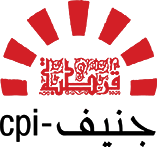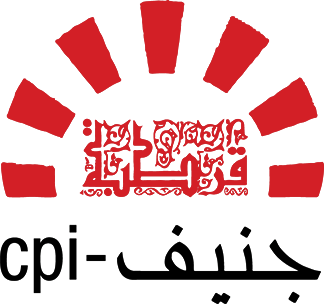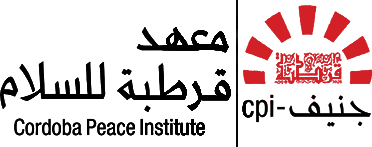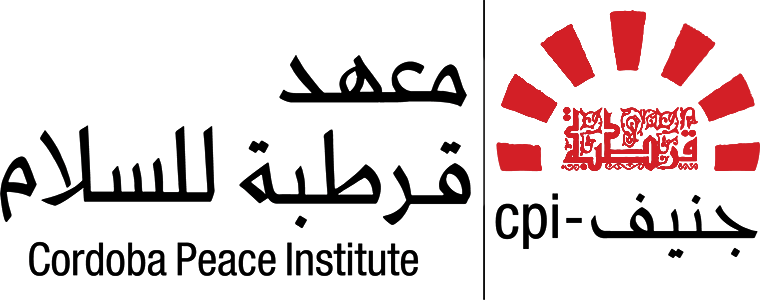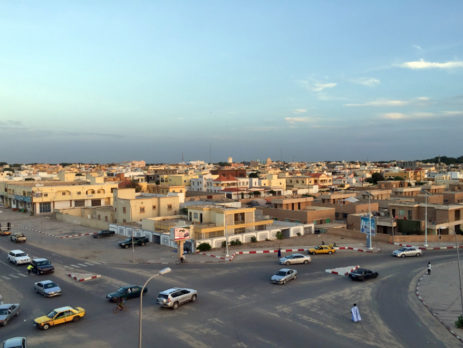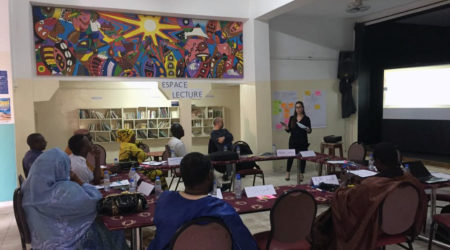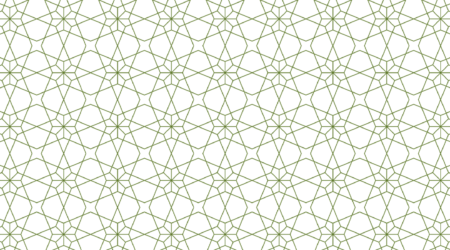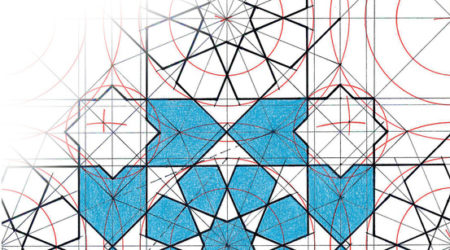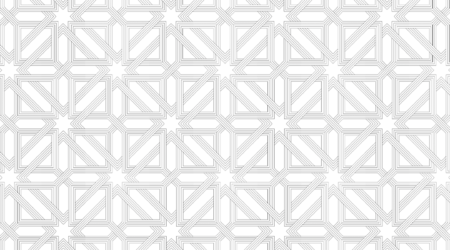Mauritania: Rotation in Continuity or Negotiated Change?

On August 2, 2019, Mauritania experienced a new change in its head of state, after the election to the presidency on June 22, 2019 of retired general Mohamed Ahmed Ould Cheikh Ghazouani, former Minister of Defence. In an abrupt break from recurring violent changes at head of state level, the country has recorded its first peaceful passage between two officially elected presidents. Caricaturally, an ex-soldier has passed the torch to his former comrade in arms. The nominee of the military nomenclature was largely supported by traditional and religious chiefdoms, as well as most businessmen and some dissidents in the opposition parties. At the finish, he was declared winner with 52% of the votes in the first round. The announcement of these results took place in a very tense context.
by Abdoulaye Bâ
by Abdoulaye Bâ
On August 2, 2019, Mauritania experienced a new change in its head of state, after the election to the presidency on June 22, 2019 of retired general Mohamed Ahmed Ould Cheikh Ghazouani, former Minister of Defence. In an abrupt break from recurring violent changes at head of state level, the country has recorded its first peaceful passage between two officially elected presidents. Caricaturally, an ex-soldier has passed the torch to his former comrade in arms. The nominee of the military nomenclature was largely supported by traditional and religious chiefdoms, as well as most businessmen and some dissidents in the opposition parties. At the finish, he was declared winner with 52% of the votes in the first round. The announcement of these results took place in a very tense context.
The opposition, which had failed to unite around a single candidate, ran a dissipated race. However, the former Prime Minister (in the 90s) Sidi Mohamed Ould Boubacar, Biram Ould Dah Abeid (IRA, anti-slavery), Mohamed Ould Maouloud (candidate of the traditional left) and Kane Hamidou Baba, candidate of the Coalition for Living Together (“CVE”, largely supported by activists from the Negro-Mauritanian group) were unanimous in rejecting the results. Spontaneously, according to some sources, young people in the southern outskirts of Nouakchott reacted violently to the declaration of candidate Ghazouani, who proclaimed himself winner a few hours after the closing of the polls. According to a spokesman for the police, the demonstrators spread disorder “by ransacking, looting, burning property and attacking civilian citizens with no links to the ongoing political events.” The government went on to accuse Negro-Mauritanian political groups, including the African Liberation Forces of Mauritania (FLAM, which has become the Union of Progressive Forces for Change, and is unrecognized), of exploiting young people and “fuelling racial hatred”. In response, the political leaders of the CVE movement accused the “system of returning to its old reflexes of chauvinism and state racism against the black community”. Thus, the spectre of communal and ethnic division has resurfaced.
Even before the final results were proclaimed, the government took drastic measures: cutting off the Internet and partially closing three neighbourhoods in the south of the capital inhabited mainly by Negro-Mauritanians and Haratines. Targeted arrests are made, mainly of Peul activists, especially in Nouakchott, Nouadhibou, Boghé and Kaedi. Foreigners from West African countries were also arrested and shown on official television. They ”admitted” having participated in the agitation and would later be expelled to their country of origin. The opposition blamed the government for imposing an unjustified state of siege to “cover up its massive fraud and electoral coup”. It also criticized the government for creating a diversion, “by waving the spectre of communal divisions, involving nationals of neighbouring countries in an internal political crisis, with a view to internationalize it in an agitated and unstable sub-regional context.”
Last-minute Dialogue
Of the 1,544,132 registered voters, 967,594 voters went to the polls, a turnout of 62.66%. However, 576,538 voters abstained, a rate of 37.34%. In the end, 38,284 (3.96%) ballots were considered void.
The National Independent Electoral Commission (CENI), accused of a lack of neutrality and transparency by the opposition, proclaimed the results in the following order:
- Mohamed Ould Ghazouani, 483,312 votes, or 52.01%
- Biram Dah Abeid, 172,656 votes, or 18.58%
- Sidi Mohamed Ould Boubakar votes, 166,058, or 17.87%
- Kane Hamidou Baba, 80,916 votes, or 8.71%
- Mohamed Ould Mouloud, 22,695 votes, or 2.44%
- Mohamed Lemine El-Mourteji El-Wavi, 3,676 votes, or 0.40%
These results were confirmed to the letter by the Constitutional Council, prompting great surprise in Mauritanian political circles. Some observers expected an inevitable second round between Ghazouani and the former Prime Minister, Sidi Mohamed Ould Boubacar, supported by Tawassoul (Islamists, the largest political force in the National Assembly) and other dissident political forces within the government. The dizzying breakthrough of the abolitionist leader, Biram Ould Dah Abeid, was not only the big surprise of the ballot, but also the sign of a major political earthquake that risks calling into question the nature of the internal political balance of power in the country. Already elected to the National Assembly in September 2018, while in detention, Biram is now the leader of the political opposition in Mauritania.
The opposition which cried out at the manipulation of the results refused to recognize them, nor to recognize Ghazouani as the winner of the elections. So, the legitimacy of the President, whose election was confirmed by the Constitutional Council, is contested.
Visibly anxious to appease the great tensions that followed the election, the outgoing government of President Mohamed Ould Abdel Aziz, is attempting a last-minute dialogue with opposition leaders. To achieve this, the leading official of the Union for the Republic (UPR, party in power), Seyidna Ali Ould Mohamed Khouna (also Minister for Public Services), has opened discussions with Biram Ould Dah Abeid, proclaimed second in the ballot.
To the great surprise of observers, the two parties gave the impression of having advanced in discussions to calm the situation, apparently agreeing to work on defusing the crisis following the presidential election. Consulted by their counterpart Biram, the other opposition candidates, coordinating together their follow-up, rejected the principle of dialogue with the outgoing power. This attempt at dialogue would later be aborted. The two parties do not seem to have been able to agree on the analysis, conclusions and proposed solutions for the major issues that were the subject of their discussions: the question of slavery and racial coexistence, democracy and governance, the economy, cultural and social questions etc.
Expectations and Hopes
Formally in power since August 2, 2019, President Ghazouani seems to have raised great hopes in the country. Largely shaken by ten years of turbulent governance, strongly marked by a permanent tension between political actors under the regime President Mohamed Ould Abdel Aziz, the country’s political class has the hope that its successor will bring in a new way of governing. Portrayed as a polite, well-educated and measured man, President Ghazouani begins his mandate with a largely favourable opinion. Will he be up to expectations? That is the whole question.
Less than a hundred days into his magisterium, Mauritanians are beginning to show signs of impatience. Eager to see the new president break radically with the methods, men and practices of his former comrade, they are increasingly expressing their scepticism with regard to a number of decisions. These include the maintenance or return to leading positions of certain personalities who symbolized the era of President Aziz. These include notably the reappointment to government of some ministers of Aziz (Energy, and Fisheries) and the appointment of his former finance minister to head the National Industrial and Mining Company (SNIM), an important proven asset of the Mauritanian economy. Others question the slowness of his government in actually taking charge of political solutions to several sensitive issues. They mention above all the profound revision of rules of governance for greater transparency and equitable participation of all parts of the country, the inclusive political dialogue that needs to be initiated, the outline of concrete solutions for crucial social issues such as slavery and ethnic cohabitation, as well as the normalisation of relations between the State and certain economic and political actors who had difficulty dealing with President Ould Abdel Aziz.
Mauritanians are still watching with great interest for the President’s first decisions regarding security issues. In this area it seems that he will not deviate from the approach of his predecessor, at least in the general direction of the conduct of security issues. On October 11, 2019, the president signed a decree extending the terms of service of the generals and some high-ranking military officers for an additional two years, thus delaying their retirement. The retention of these staff, occupying sensitive positions within the military or as military attachés in Mauritanian embassies abroad, was interpreted as a wish to procrastinate so as not to confuse the country’s sensitive security situation.
On the other hand, some observers credit the new president with some positive signs. They put forward his decision to appoint a government strongly dominated by known competent national figures, the beginning of a series of meetings with the leaders of opposition political currents, notably his challengers during the recent presidential election, the assumption of responsibility on the question of education and the promise to reserve most of the 2020 budget for the social sectors (Education, Health, Social Solidarity and the fight against inequalities).
In any case, Mauritanian public opinion is waiting for the first public appearance of their new president. Expected on the occasion of his hundred days in power, it will surely provide a more lucid reading on the issue that concerns all Mauritanians regarding the change at the top of the state last August. Is this a new page in the history of the country or just a timid rotation in continuity?
Links for further information:
1. https://www.lopinion.fr/edition/international/mohamed-ould-ghazouani-nouveau-president-mauritanien-veut-jouer-propre-162491
2. http://fr.ami.mr/Depeche-49408.html
3. https://fr.wikipedia.org/wiki/%C3%89lection_pr%C3%A9sidentielle_mauritanienne_de_2019
4. http://www.fr.alakhbar.info/14939-0-La-Mauritanie-en-etat-durgence-non-declaree-Depute.html
5. https://www.jeuneafrique.com/773836/politique/mauritanie-qui-sont-les-six-candidats-a-lelection-presidentielle-de-juin/
6. https://www.france24.com/fr/20190626-presidentielle-mauritanie-opposition-denonce-etat-siege
7. https://afrique.latribune.fr/politique/2019-06-28/main-etrangere-en-mauritanie-comment-reagissent-le-senegal-le-mali-et-la-gambie-821887.html
8. https://www.lopinion.fr/edition/international/mauritanie-mohamed-ould-ghazouani-remporte-presidentielle-190649
9. https://afrique.latribune.fr/politique/2019-08-09/mauritanie-un-gouvernement-ould-ghazouani-dans-la-continuite-ould-abdelaziz-825534.html
10. https://mondafrique.com/les-premiers-faux-pas-du-general-ghazouani-a-la-tete-de-la-mauritanie/
11. https://www.ifri.org/fr/espace-media/lifri-medias/mauritanie-president-ghazouani-veut-montrer-quil-nest-prisonnier-reseaux
12. https://kassataya.com/2019/10/03/mauritanie-samba-thiam-ne-donne-pas-un-blanc-seing-a-ould-ghazouani/
